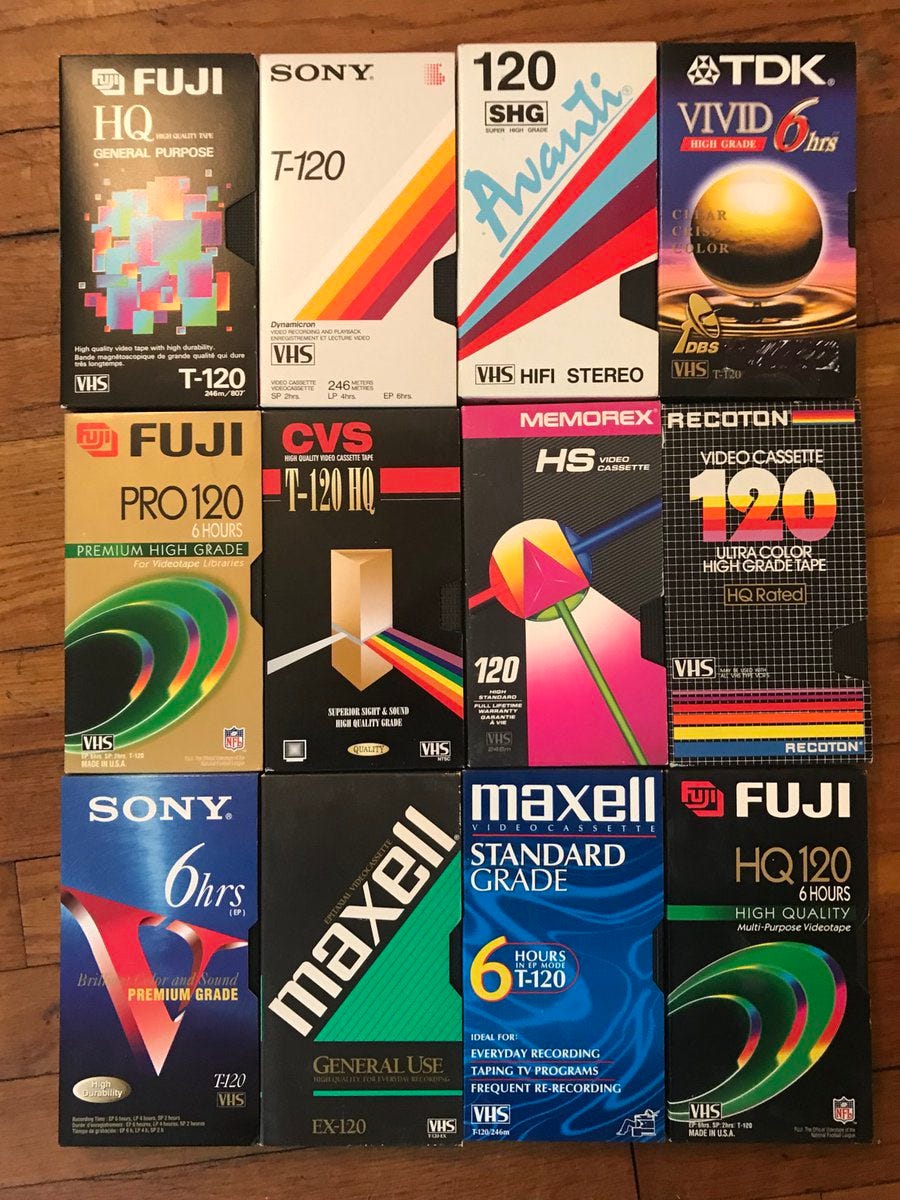Hello. Welcome.
This is Transmissions by me, Martin Brown. Father. Husband. Designer at Craig Walker and lecturer at RMIT. Marty to most.
This is the third in an ongoing newsletter that collates some of the more interesting stories, links, quotes and other curios that float my way.
If you’re new here, then sign up now to get more of these in your inbox, and don’t forget to tell your friends!
Design
Best Story Wins
Morgan Housel, Collaborative Fund
There’s no prizes for being right. It’s all about how you sell it. Morgan Housel hits the nail on the head, citing Yuval Noah Harari, Bill Bryson and Elon Musk, as above all master storytellers who are better at collating and disseminating knowledge than originating it.
It’s something I encounter daily in my work at Craig Walker. Defining a design solution is just the beginning. Communicating that proposition effectively is a whole design project in and of itself.
There’s an enormous amount of work in breaking a complex, intricate, nuanced knowledge of a project into a set of small stories that it can be transmitted to a range of audiences – whose attitude to your project may stretch anywhere from mild enthusiasm to ambivalence to outright hostility, and then give them a framework to reconstitute those stories into something meaningful and useful for them.
It’s one thing to be user-centred in your service design methods, but one also needs to be user-centred in the communications approach. The final expression of an idea always needs to be thought about through the prism of how others will perceive it.
See Dan Hill’s book Dark Matter & Trojan Horses. In it, Hill does a wonderful job in articulating the ‘dark matter’ – the invisible yet powerful forces that guide most organisational decision making, and how design can shape them.
And speaking of invisible yet powerful forces, I’d be remiss if I didn’t mention that one of the world’s great storytellers, Adam Curtis has a mesmerising new artwork / documentary / 8-hour-music-video-clip out now on iPlayer.
Nostalgia alert: an epic thread of VHS tape artwork.
Ideas
The (il)logic of legibility: why governments should stop simplifying complex systems
Thea Snow, Medium
The thrust of this article has similarities with another Adam Curtis series, The Trap. Namely that governments and other large bureaucracies cannot understand the world, and so turn to creating a false ‘legibility’ that helps them to measure and organise what they see. But of course, this simplification creates problems: ‘what can be measured can be managed’ but what sits outside this is by definition mis-managed.
Quotes
Kurt Vonnegut, in a 1977 interview in the Paris Review, neatly summarises what makes a good plot:
VONNEGUT: The others aren’t that much fun to describe: somebody gets into trouble, and then gets out again; somebody loses something and gets it back; somebody is wronged and gets revenge; Cinderella; somebody hits the skids and just goes down, down, down; people fall in love with each other, and a lot of other people get in the way; a virtuous person is falsely accused of sin; a sinful person is believed to be virtuous; a person faces a challenge bravely, and succeeds or fails; a person lies, a person steals, a person kills, a person commits fornication.
INTERVIEWER: If you will pardon my saying so, these are very old-fashioned plots.
VONNEGUT: I guarantee you that no modern story scheme, even plotlessness, will give a reader genuine satisfaction, unless one of those old-fashioned plots is smuggled in somewhere




